Top Nigerian Athletes Worldwide
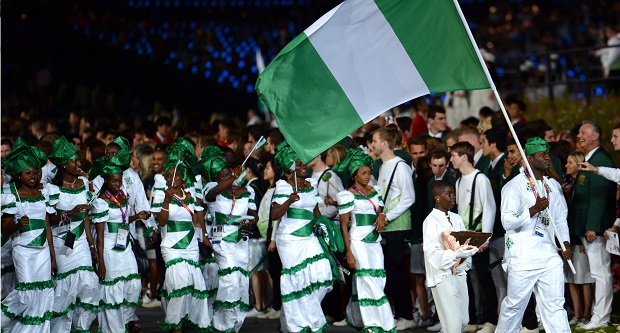
Nigerian athletes have consistently defied expectations in various sports throughout the world. If you’re from Nigeria you are well aware of the Nigerian top athlete in the football scene. However, you might be missing out on some homegrown talents in other sports. Today we take a look at some of our favourite Nigerian athletes who have left their marks all over the world. These athletes have paved the way for the newer generation of Nigerian athletes. So, to begin our list we of course start with Nigeria’s golden child.
Nwankwo Kanu (Football Player)
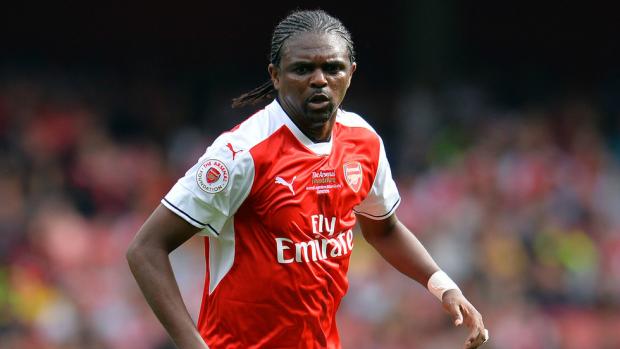
Nwankwo Kanu is one of the most naturally talented African football players. His football intellect was on a different frequency from his peers, and he showed his worth by winning major championships everywhere he went. He retired as one of Africa’s most decorated players, having won the UEFA Champions League, UEFA Cup, Premier League, FA Cup, Dutch League, and Nigerian League title at club level.
In addition to Olympic gold, he has won the FIFA Under-17 World Cup and the Afro-Asian Cup. Individually, he has been named African Player of the Year twice, as well as BBC African Player of the Year twice. He helped Nigeria win the FIFA Under-17 World Cup in 1993 as a youth international, and was quickly signed by Dutch giants Ajax Amsterdam, from there he moved to Inter, then Arsenal, before joining West Brom and finishing his career at Portsmouth, where he won his final trophy, scoring the winning goal in their 2008 FA Cup triumph.
He led Nigeria to Olympic gold, scoring the game-winning goal against Brazil in the semi-finals. With 86 international appearances, he was Nigeria’s joint most capped player before the record was broken and exceeded by Joseph Yobo and then Vincent Enyeama. Kanu has been voted the 13th best Arsenal player of all time.
Austin Okocha (Football Player)
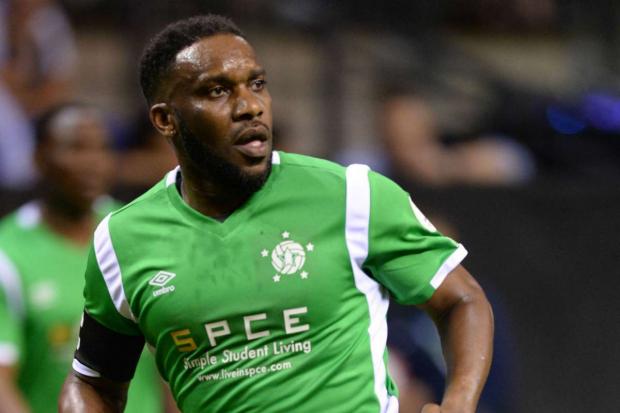
Okocha, one of the most recognizable names in Nigerian sports in recent years, began his career with Enugu Rangers before moving to Germany, where he played for Eintracht Frankfurt and scored one of the best goals in Bundesliga history against Oliver Kahn. He joined Fenerbahce in Turkey, then PSG before joining Bolton Wanderers in England.
Okocha won the African Nations Cup in 1994, then silver in 2000, bronze in 2002, 2004, and bronze again in 2006. He was a member of the Super Eagles squad that qualified for the World Cup for the first time, and he went on to represent Nigeria at the event in 1994, 1998, and 2002. He was named BBC African Player of the Year and narrowly lost out on the African Player of the Year award twice. His proudest achievement was assisting Nigeria to Olympic gold in 1996.
Hogan ‘Kid’ Bassey (Boxer)
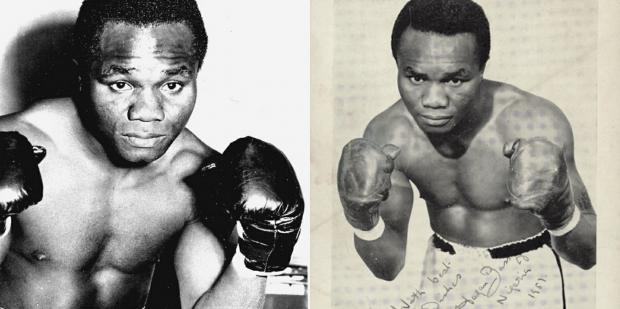
Okon Asuquo Bassey was the first man of Nigerian descent to become a world boxing champion, beating French-Algerian Cherif Hamia in Paris in 1957. He won the Nigeria flyweight and bantamweight championships, as well as the West African flyweight and bantamweight titles, before winning the Empire featherweight title (the equivalent of the Commonwealth title) and then the world title. Following his world title, he was awarded an MBE by the United Kingdom in his later years.
Enefiok Udo-Obong (Athletics)
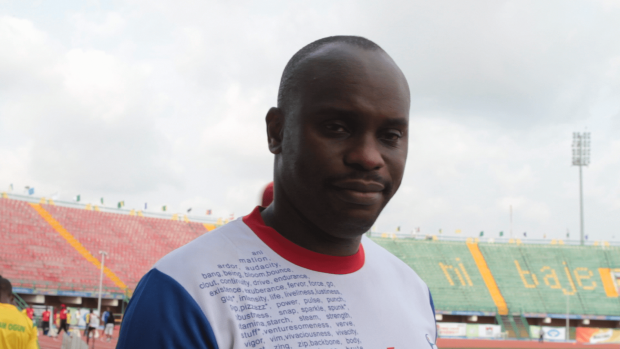
Few people will ever forget Enefiok Udo-Obong’s lung-bursting sprint that earned Nigeria a silver medal in the 4 x 400m relay at the 2000 Olympic Games in Sydney. After American Antonio Pettigrew confessed to using performance-enhancing substances, the award was later upgraded to gold. The United States was disqualified, and Nigeria was awarded the gold medal. Udo-Obong went on to win a bronze medal at the same event in Athens four years later.
Sunday Olanrewaju Bada (Athletics)
Bada was the most decorated Nigerian male athlete, alive or dead. He was the first one to win gold at all major world championships and games, as well as the only one to be proclaimed champion. He began his search for immortality at the World (Continental) Cup in Havana, Cuba, where he won the 400 m gold and led the African team to a gold medal finish in the 4 x 400m relay.
The next year, he returned to the podium, this time at the SkyDome in Toronto, Canada, where he won a silver medal at the World Indoor Championships, becoming the first and only Nigerian man to do so. He replicated his silver medal performance two years later in Barcelona, Spain, before defying the odds and a certain Jamie Baulch (who had been unbeaten all season prior to the championships) to become the first Nigerian to be crowned World (Continental) Cup champion!
Hakeem Abdul Olajuwon (Basketball Player)
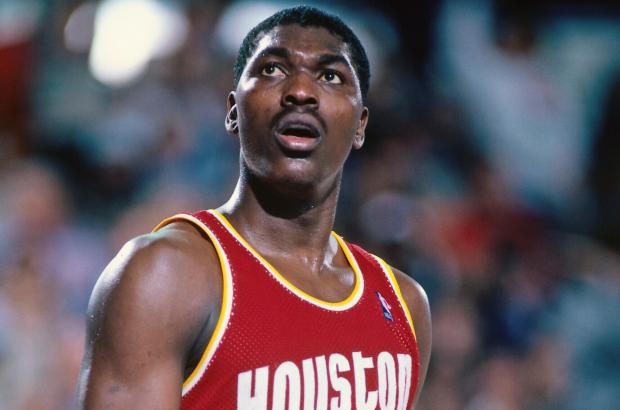
Hakeem Abdul Olajuwon is a retired professional basketball player from Nigeria. During his basketball career, he was dubbed ‘The Dream’ because he dunked so easily that his college coach said it “looked like a dream’ He was a centre in the National Basketball Association (NBA) for the Houston Rockets and the Toronto Raptors from 1984 to 2002. In 1994 and 1995, he led the Rockets to back-to-back NBA titles. He was inducted into the Naismith Memorial Basketball Hall of Fame in 2008, and the FIBA Hall of Fame in 2016.
Olajuwon was born in Lagos, Nigeria, and came to the University of Houston to play under head coach Guy Lewis. His collegiate experience with the Cougars featured three Final Four appearances. The Houston Rockets selected Olajuwon with the first overall pick in the 1984 NBA draft, which also featured Michael Jordan, Charles Barkley, and John Stockton
Chioma Ajunwa (Multi-Sport)
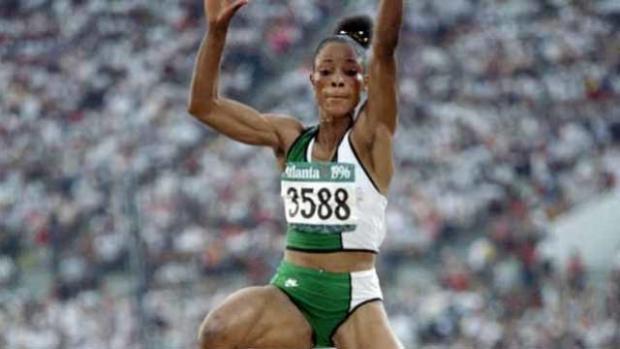
Ajunwa, Nigeria’s first Olympic gold medalist, is a multi-talented athlete who briefly played football before transitioning to the 100m sprint before winning the gold medal in the long jump at the 1996 Olympic Games.
Dick Tiger (Boxer)
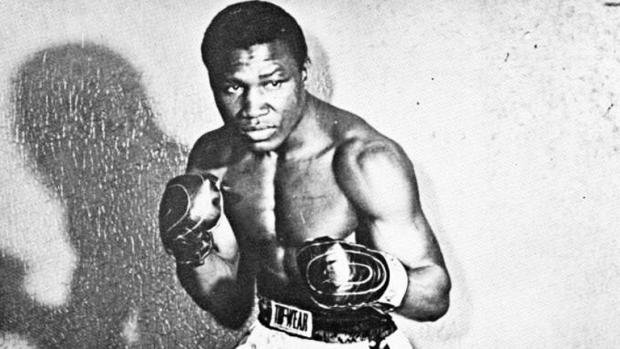
Dick Tiger, real name Richard Ihetu, was a professional boxer who won the world middleweight and light-heavyweight boxing championships in the 1950s and 1960s. He was the undisputed world champion at middleweight twice.
Mercy Akide (Football Player)
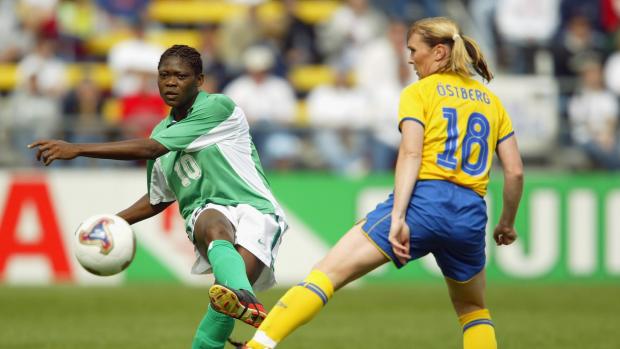
Akide, a second-generation early trailblazer of women’s football in Nigeria, became the first truly internationally recognised African women’s football sensation thanks to her talents and goal-scoring for the national team. She was the first African woman to win a soccer scholarship to the United States, where she set a single-season record of 49 goals with Milligan College in Tennessee, before becoming the first African to play professional football in the United States with the San Diego Spirit.
Akide also set a scoring record at the African Women’s Championships, which was later shattered, and was selected to FIFA’s All-Star Selection three times. Akide has played in three World Cups, two Olympic Games, and three African Women’s Nations Cups for Nigeria. She was elected the first African Women Footballer of the Year in 2000, a title she held until 2002, and she is the only African woman player to be inducted into both the Milligan College Hall of Fame and the W-League Hall of Fame in the United States. Currently, he serves as a FIFA Ambassador and is a member of the FIFA Legends squad.
Innocent Egbunike (Athletics)
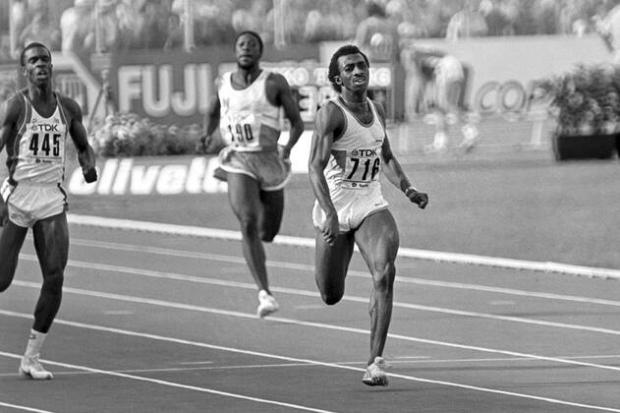
Egbunike’s name has become associated with Nigerian athletics. He made an appearance at the Summer Universiade Games in 1983, winning gold in the 200m. His breakthrough came at the 1984 Olympic Games, where he led Nigeria to a bronze medal in the 4 x 400m relay. However, Egbunike’s most memorable success came at the 1987 All Africa Games in Nairobi. Nigeria wanted to win the final event of the games, the 4400 relays, to overtake Kenya at the top of the medals table. At baton transition, Kenya was comfortably 30 meters back, with Egbunike running anchor. He chased Kenya down, narrowed the distance, won the race, and Nigeria took home the gold medal. His NAIA Collegiate records in the 400m and 200m at Azusa Pacific University remain unbroken.
Stephen Keshi (Football Player)
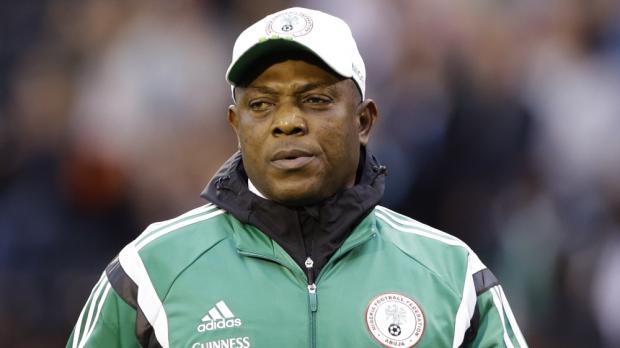
Few Nigerian-born players wielded the clout and strength that Keshi did in Nigerian and African football. He won the WAFU Cup twice while playing with NNB before moving to Cote d’Ivoire, where he won the League and Cup with Stade d’Abidjan and then Africa Sports. From there, he went on to play for Belgian giants Anderlecht, where he won one League title and two Cups.
He was Nigeria’s longest-serving captain, leading the squad to the African Nations Cup title in 1994 and qualifying for the World Cup that year, retiring with 60 caps, the second-most of any Nigerian after Muda Lawal. He returned as a coach, winning Nations Cup bronze and qualifying for the 2002 World Cup as an assistant to Shuiabu Amodu, then assisting Togo in qualifying for the World Cup, before becoming just the second former player to win the Afcon as a coach when he led the Super Eagles to victory in 2013.
Teslim Balogun (Football Player)
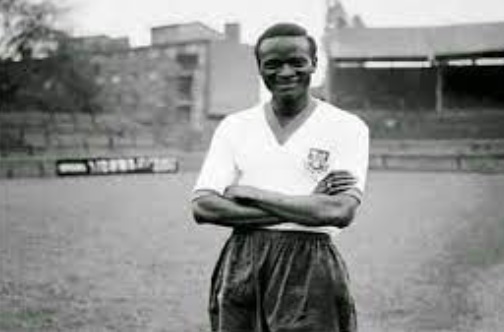
Perhaps the most well-known Nigerian footballer of all time, anecdotes and fireside tales have been crafted and shared about him since the late 1940s. His shot is said to have been so powerful that it tore open the gut of a goalkeeper who stood in its path. According to some rumours, the goalkeeper was his brother, and Balogun was so upset that he quit football. In fact, Balogun won Nigeria’s Challenge Cup five times in seven finals, was the first player in the competition to score a hat-trick, and was a member of Nigeria’s UK Tourists in 1949, the predecessor to the squad that became known as the Red Devils, Nigeria’s national team.
They were renamed the Green Eagles later on. Balogun returned to England after his UK tour and played with Peterborough United, becoming the first Nigerian to sign a professional football deal outside of Nigeria. He did not play for them, however, and instead signed for QPR, where he scored three goals in 13 appearances. After retiring, he received his badges and became the first African to train as a professional coach, leading Nigeria to the Olympic Games in 1968. Teslim Balogun Stadium is named after him in Lagos.
Conclusion
There are many other Nigerian athletes who have accomplished mainstream success at home and abroad who didn’t make our list. We can say that Nigerian athletes are some of the best in the world. We hope this list serves as inspiration for any young athletes out there who might be looking for someone to look up to. These athletes have all reached the upper echelon in sports and you can too.
For athletes already making themselves known internationally, we see you and we will be adding you to the list of top Nigerian athletes worldwide.
Found an error? Report


Comments (0)